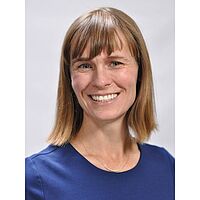Investigating gender’s effects in medical residency selection in the United State
This project investigates the effects of gender in medical residency selection in the United States. Residency, which provides three to seven years of specialized training, is a key component of U.S. medical education.
We will conduct an experiment in which we introduce synthetic applications into the selection process at a major residency training site in anesthesia, a particularly male-dominated specialty.
The applications will consist of previous years’ applicants’ materials, but we will alter the applicants’ names and vary their gender. We will then observe any differences in the applicants’ rankings with their gender varied. We plan to run this experiment over several application cycles in order to keep the total number of synthetic applications low enough to avoid detection, and to allow variation in the composition of selection committees each year. We view this work as a case study that can be used as the basis for additional research in other areas of academic medicine, as well as in scientific fields in which employment and promotion decisions are often made using a similar in-depth application and selection process.


